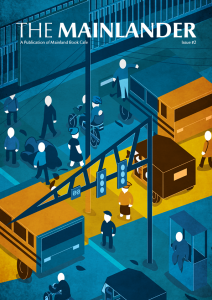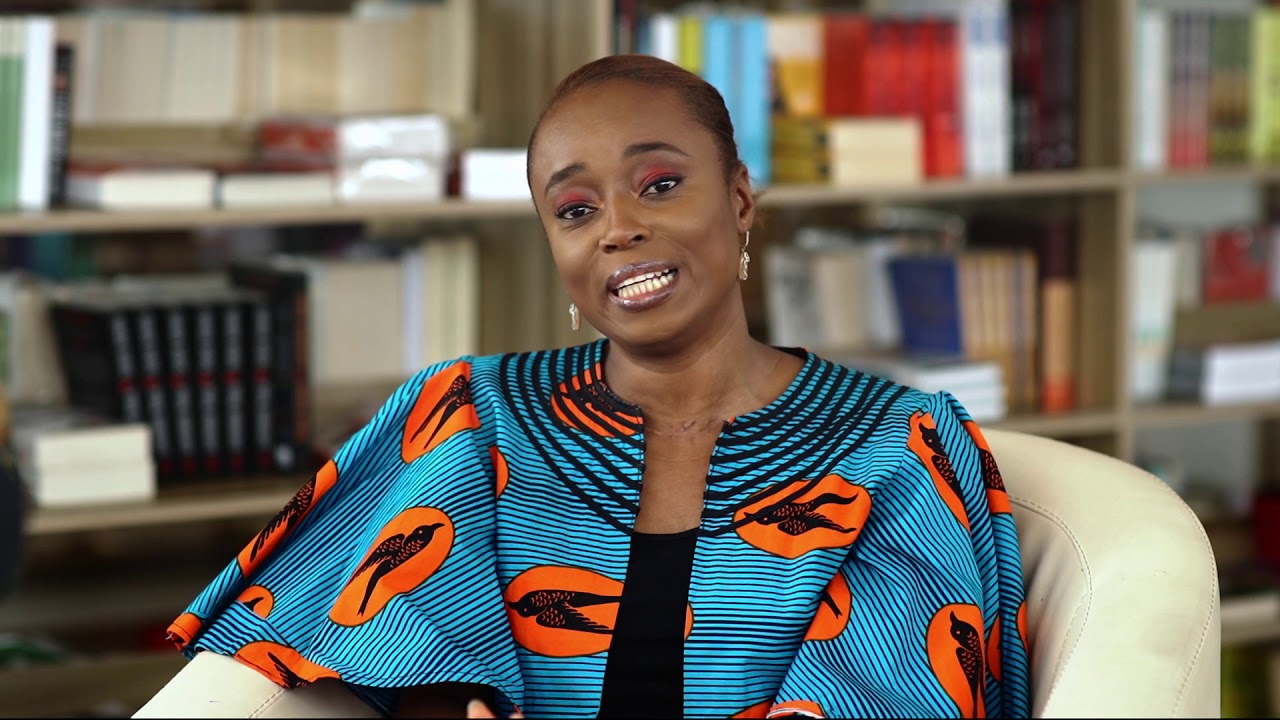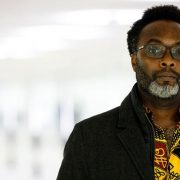
TO EVERY MAN IS GIVEN THE KEYS TO THE GATES OF HEAVEN; THE SAME KEYS OPEN THE GATES OF HELL.
“Don’t allow the devil use you to wreck havoc on this family.” the protagonist’s Aunt says to him in ‘I Do Not Come To You by Chance’, Adaobi Tricia’s brilliant debut Novel. The confrontation happens in the later pages of the book after the protagonist, Kingsley, joins forces with his Uncle – the inimitable Cash Daddy in the dangerous, murky world of Internet scam.
Set in contemporary Nigeria, the narrator is a brilliant graduate of chemical engineering, who like many of his mates, dreams of a better life after school, only for reality to wake him up with a cold slap. He isn’t helped much by a poor, retired, sickly dad who still holds on to the ideals of a country that has left him behind, and siblings who look up to him as their passport to a better life. It further chronicles his struggle against a system that not only mocks his parent’s morality, but also everything he himself believes in. And in the midst of it all, he lost – through his inability to find a job – his sole succor: his girlfriend, Ola – to an uneducated man. And as is the norm, a nation that does not speak to the dreams of its youth will ultimately scream for their truculency.
“That’s what you think! Even the devil was not always the devil. God made Lucifer, and Lucifer turned himself into the devil.”
Kingsley’s aunt elaborates after a doze of anger induced realism from the protagonist who resists his Aunt and Mom’s attacks on his virtue.
It begs the question – is it really that simple — that some are born with intuitive goodness, immune to the sparkling beam of evil, while others are coded with intrinsic characteristics that erupts their dark sides into a volcano, bent on destruction?
Not really.
There is a murky line between good and evil. We, at our best, know what we are capable of, but at our worst, what we may become, we don’t know. The story reiterates, I believe, that no one is born with a higher degree of altruism, and that evil and aberrant urges have more to do with circumstances, or situational forces than merely the inner qualities of individuals. Fiction imitates life, and in the story, the reality of a typical Nigerian family as they struggle to stay afloat and make ends meet is contrasted with the excesses of another, albeit a family member, whose only insolvency, seemingly, is his ‘morals’.
Cash daddy, beyond his rapidity of speech and crudeness is blessed with a sort of profundity Kingsley’s education does not equip him with, and a magnanimity that softens his decadence. Everyone is a potential hero, or possesses in certain degrees, seeds of greatness, yet, the same individual has an innate capability for evil, and Cash Daddy epitomizes both extremes. For Kingsley’s parents, he is a villain, but for those on the streets, he is the hero, even more so than others whose sources of income are clean.
Today, our infrahuminization bias(the notion that others are less human than we are), is quite palpable in that we disregard social modeling, or the fact that people are products and rarely producers of their own environment. What Kingsley later becomes in the wake of his father’s death and the loss of his girlfriend is quotidian and not the exception. Infact, the catalyst of his degeneracy in the first place – Ola – herself is a victim of a system that demands a girl marry at a certain age, and marry into money.
At their best, the youths represent a country’s hope and pride, and at their worst, they mirror its collective shame.




Brilliant summary of the book.